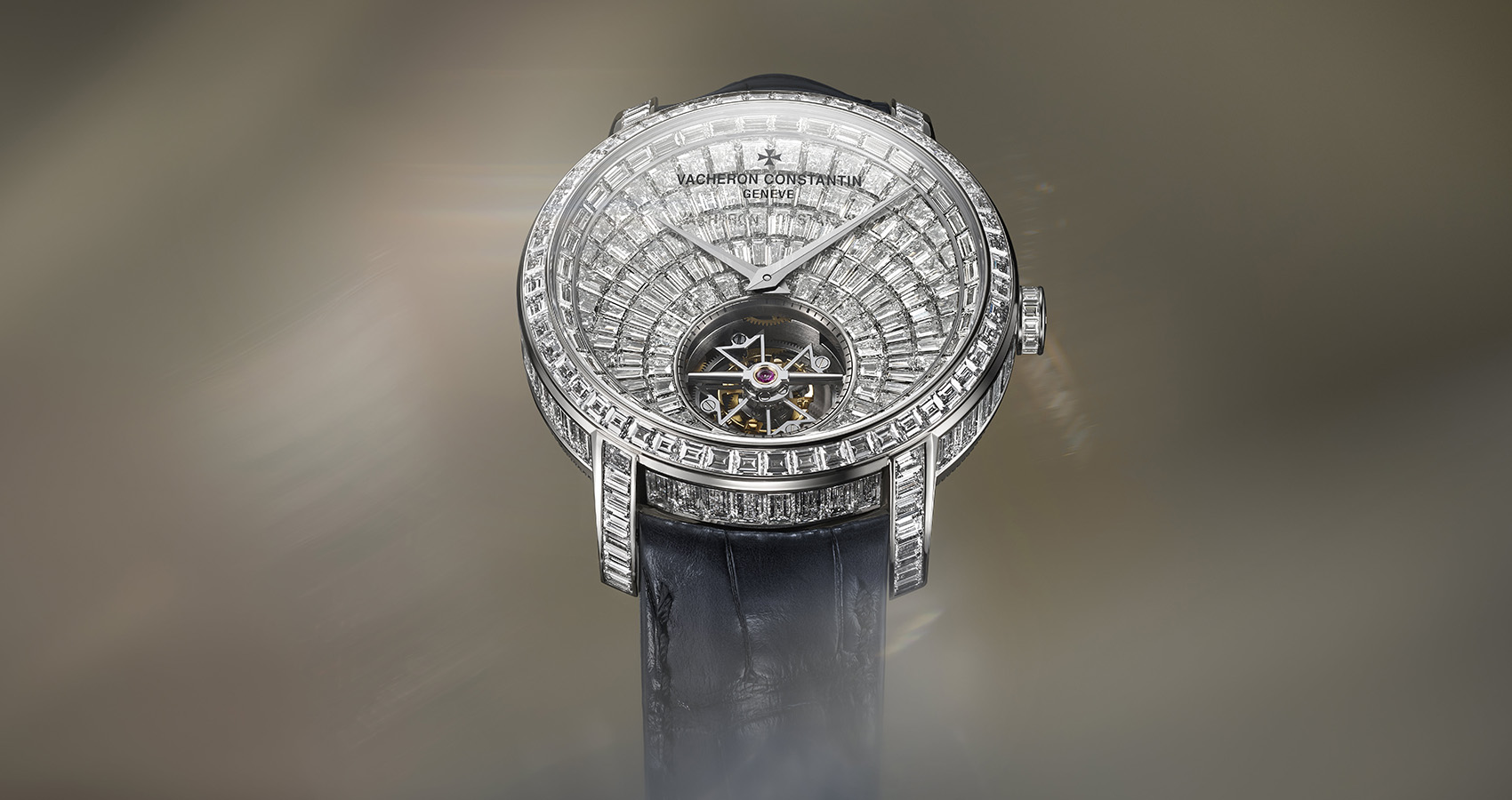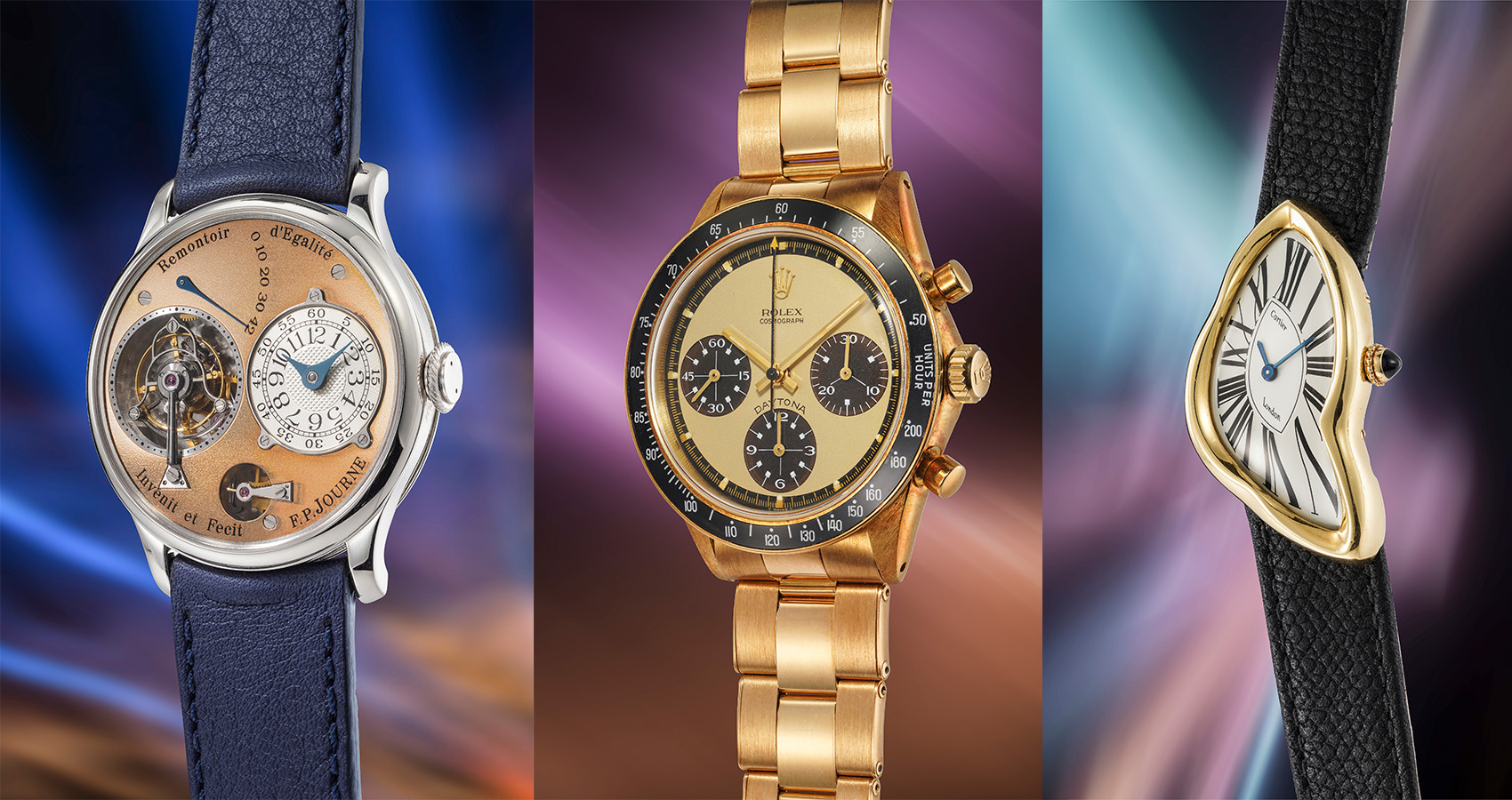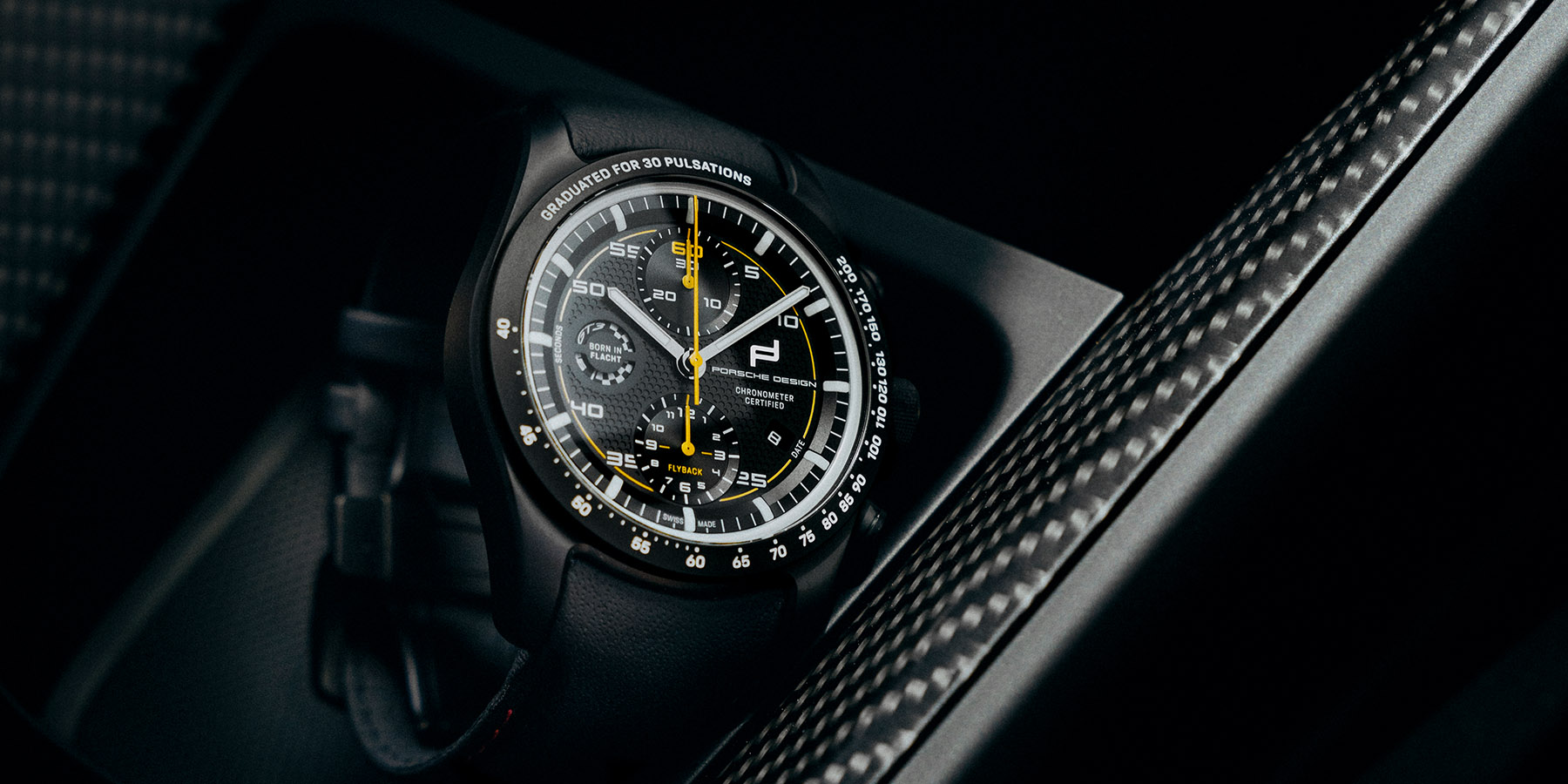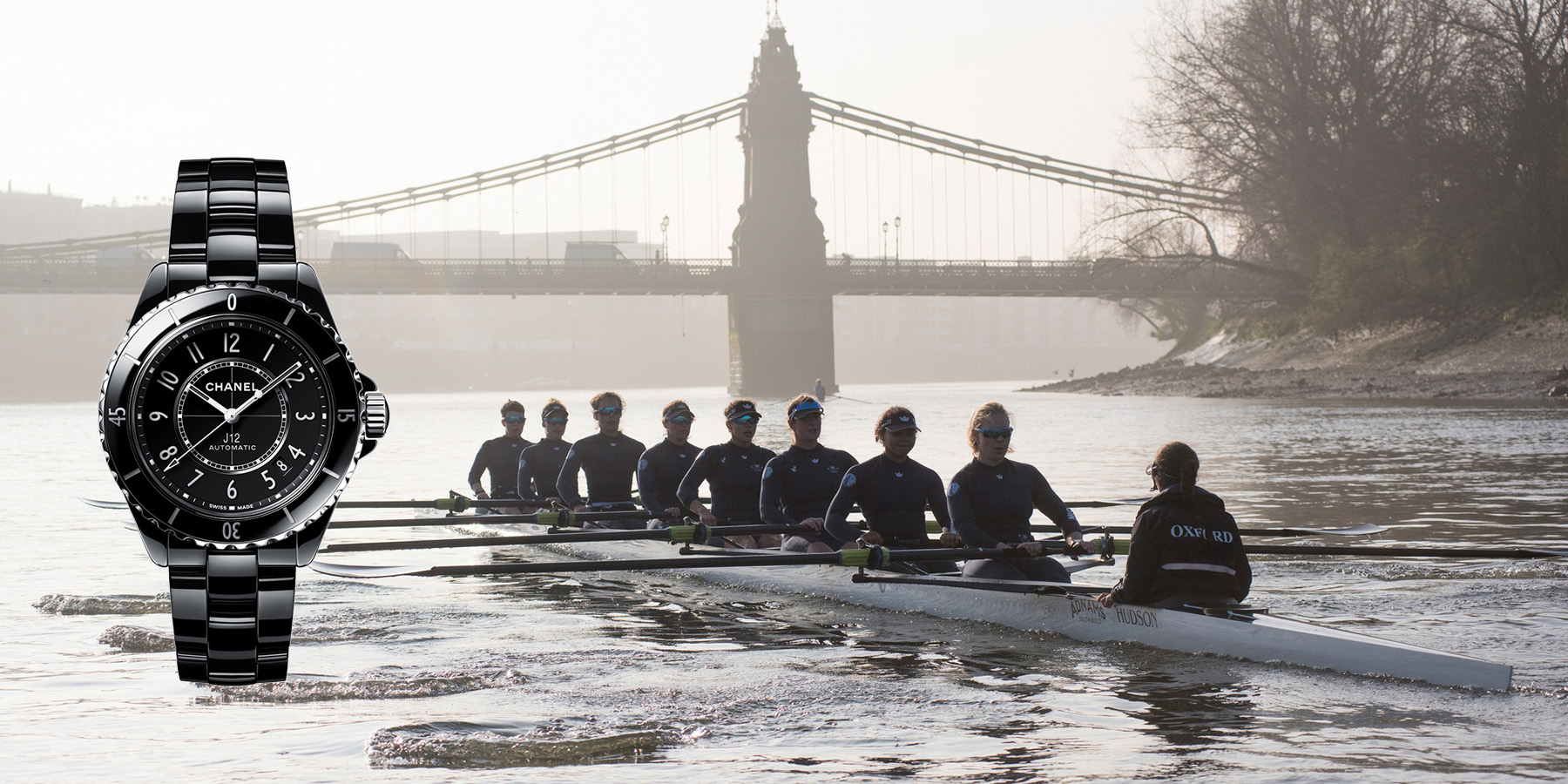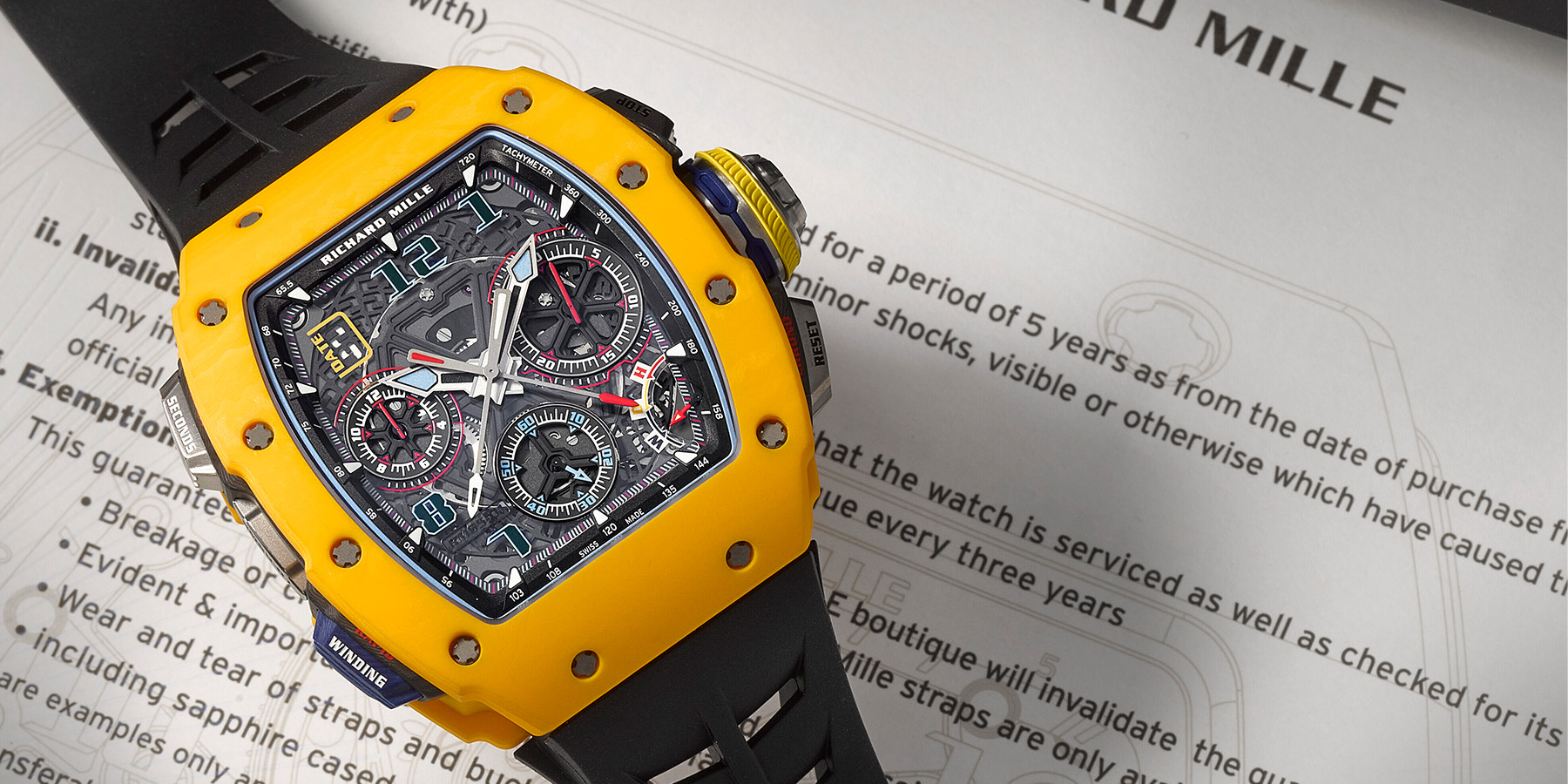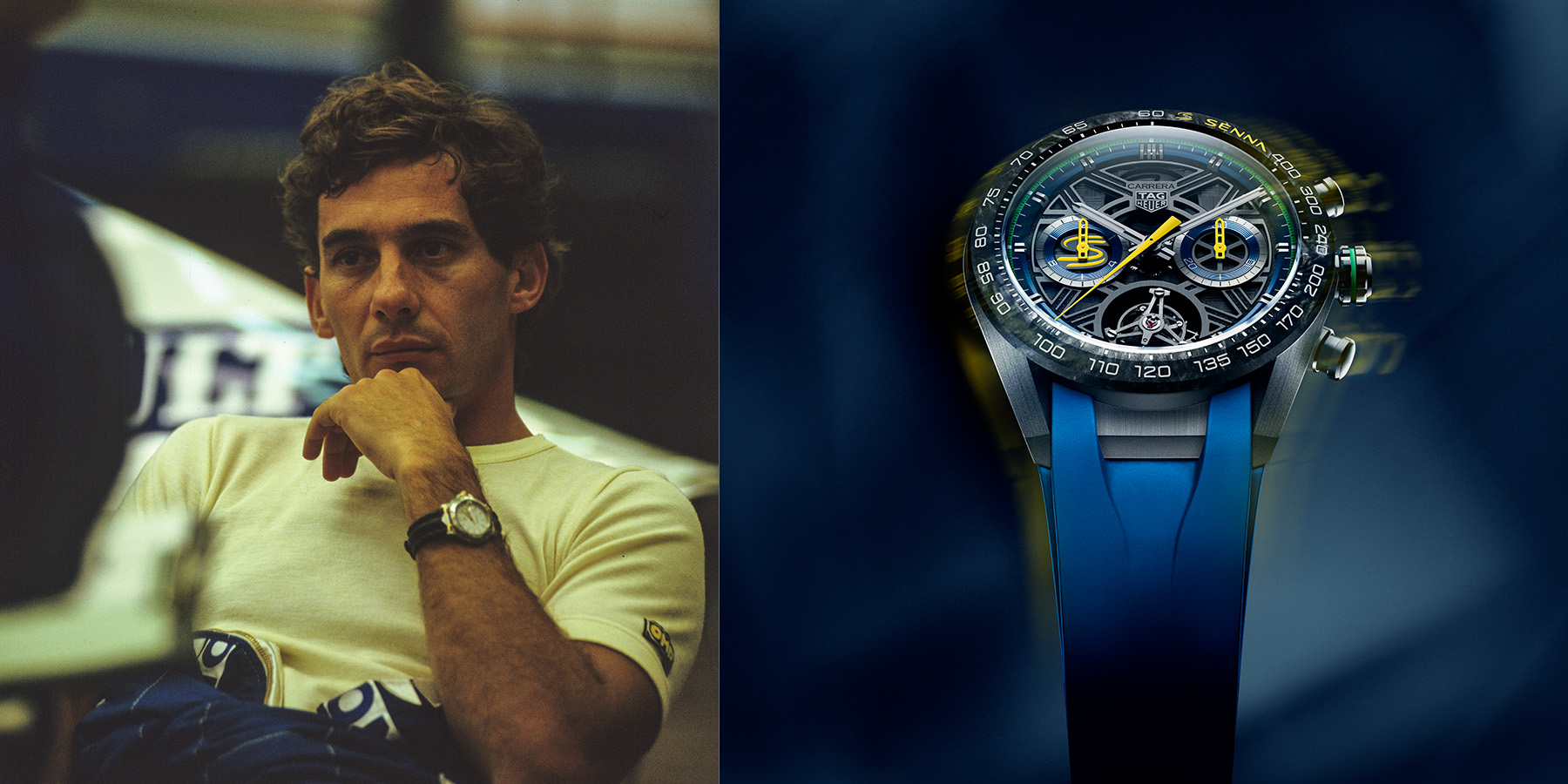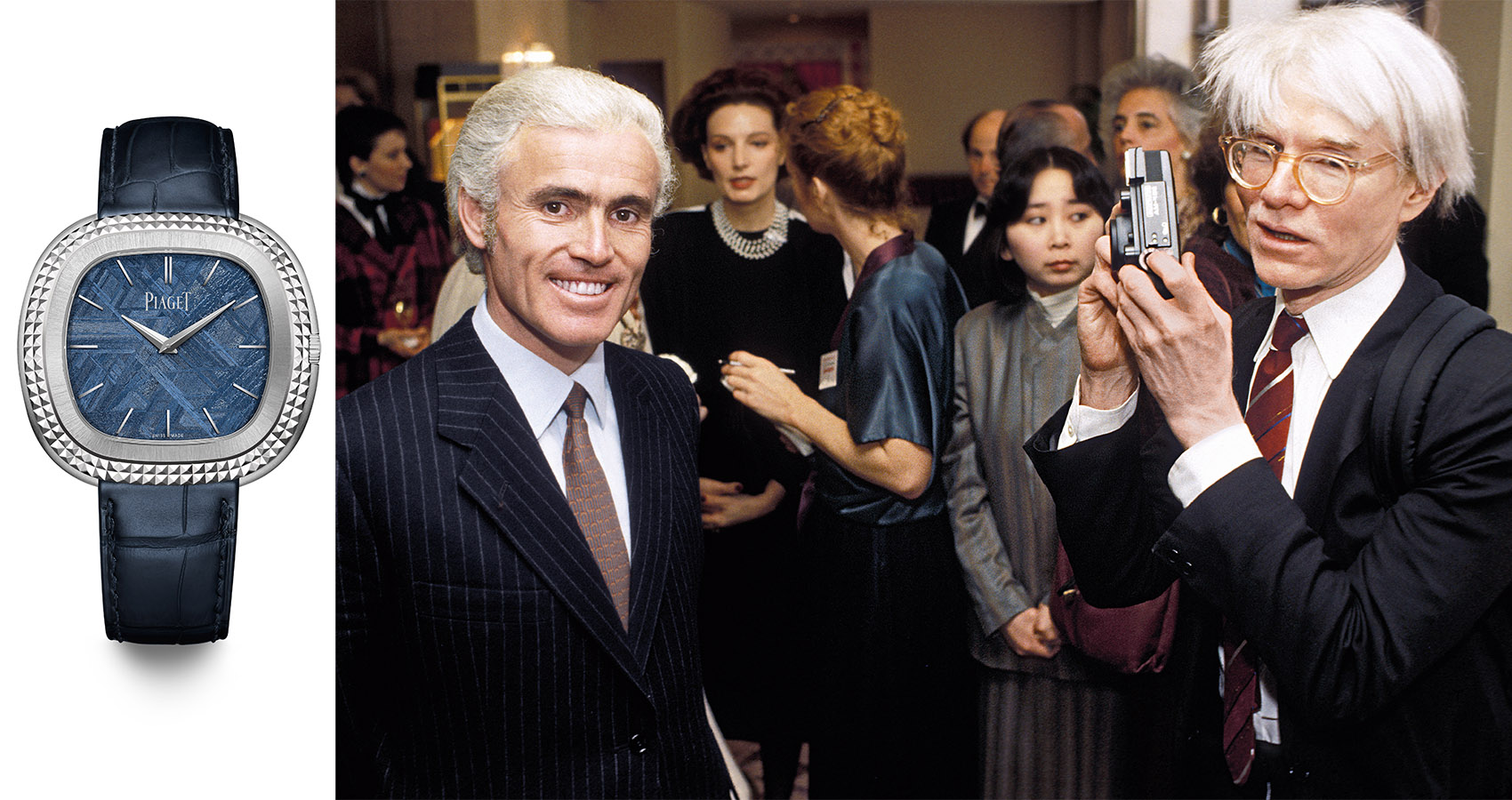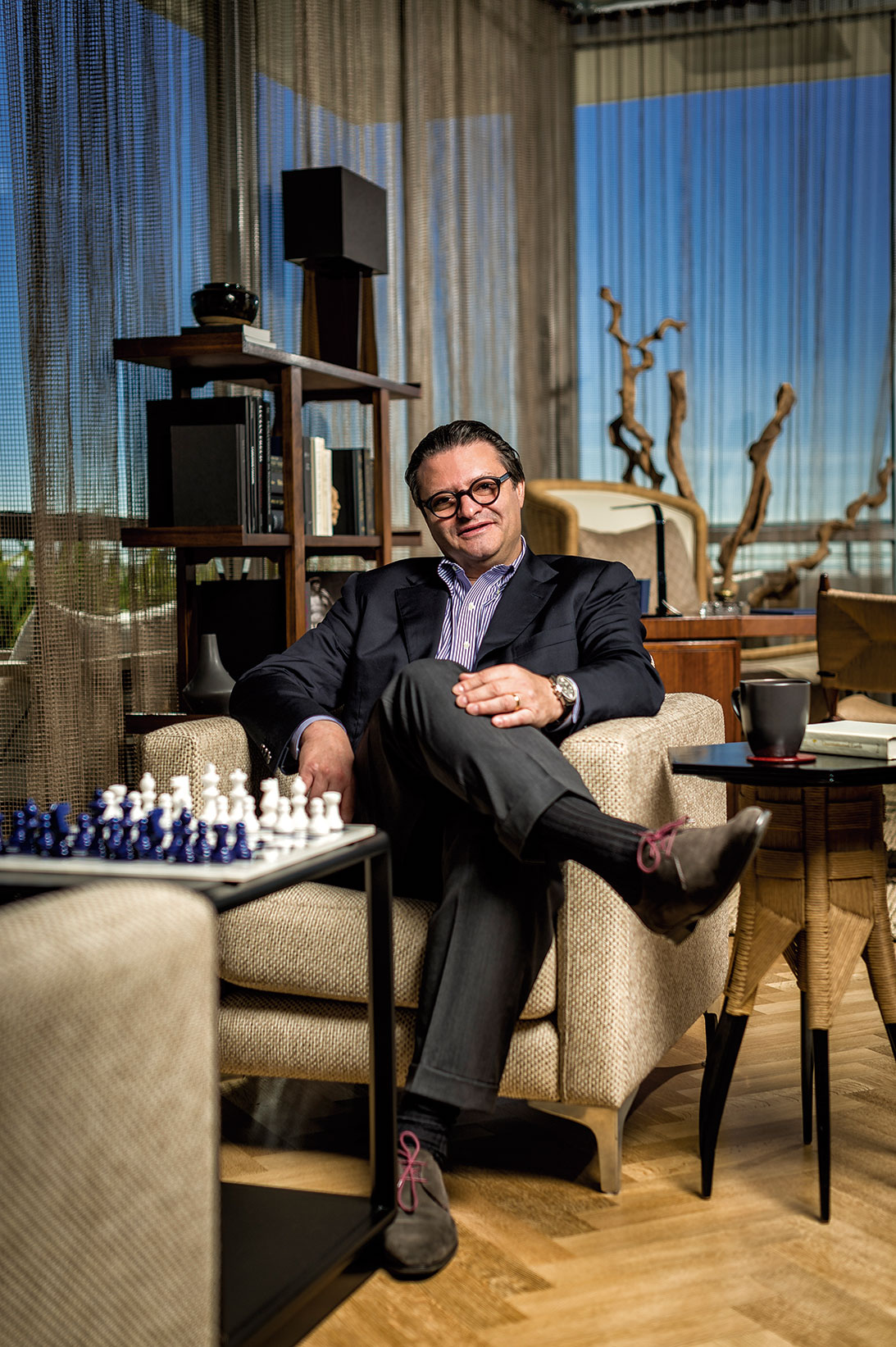
Interview: One-on-One with Zenith CEO Aldo Magada

Just about a month ago, Zenith made a huge announcement that it was entering into a long-term partnership with British car company Land Rover to create a line of Range Rover watches. The brand also just unveiled its newest El Primero Rolling Stones watch in Las Vegas before the Rolling Stones concert and released a special edition of the Heritage Cronometro TIPO CP-2 (a 1960’s iconic piece). Indeed, Zenith has a wide range of calibers and watches that span from the affordable side all the way to the complicated haute horology pieces such as the Christophe Columb tourbillon. Recently, we had the chance to talk one on one with Aldo Magada, Zenith CEO, about the brand and its plans.
HT: Can you tell us the thinking behind the relationship with Range Rover?
AM: “For us, what is important is being seen as the gentleman’s watch. This is more of a mind-set for us. Range Rover fits this bill perfectly, as distinguished gentlemen drive Range Rovers and other classic cars. We have a lot of activity with classic cars and rallies, as well so it is all a perfect match. Range Rover has iconic products and we have the well-known El Primero. We both offer a nice range of classic and sporty looks. Also, this partnership helps both of us reach different target groups. It is important to keep true to yourself, but then also reach out to grasp a new audience. This first watch has details from both brands and symbolizes the partnership, but we will build an entire line of products with them moving forward.”

HT: Will this impact your development of Haute Horlogerie watches?
AM: “Definitely the haute horlogerie will remain an important part of our collection and already we are working on new products for Basel next year. It is our job to keep people excited about innovation and invention. This part of the business is like a research lab for us, where we can introduce new and different things that are not already industrialized. So we will keep moving forward with innovative complicated watches.”
HT: Do you feel Zenith has less brand awareness than most others in the US market, and how does this affect you?
AM: “It is true that the US consumer does not know Zenith that well. We had a trademark issue with the name in the United States, and so we couldn’t get started here until around 2000, so we are relatively new. This is an advantage right now because we can continue to introduce ourselves in the best possible way to he end decision maker, the customer. The United States is still one of the most important markets for luxury goods and it is a priority for us. We know that Zenith is not going to be the first watch someone buys if they don’t already own a watch; they’ll go for more mainstream names, but our product will attract them. We are also making a great effort to meet customers face to face with meetings and events. The consumers like this strategy of being approachable. I think in some ways we have more opportunity than other more mature brands because we are younger and have the potential to do it all right.”

HT: What do you think are the biggest challenges facing the watch industry?
AM: “I think the real problem is with the definition of luxury. That definition has changed. Luxury has to have some dimension today; you can’t just produce, produce, produce, and think people will pay premiums for something they can find everywhere. We have to adapt to this new mindset. With all the social media, the blogs, the news and forums on line, customers have a lot more information about watches, brands and value, and this has to influence the brands and their product development. Today, the focus is more about the product than the history of the company. The challenge is for us to explain the value in our products – no matter what price range they are in. It has to be an objective explanation to satisfy today’s customers. In the end a watch is a watch, and it comes down to the materials, the technical highlights and the craftsmanship that sets each brand aside and demonstrates the value. The other challenge is the way we take care of and service the customer because we are dealing with humans and they respond to us. How we react to a problem, or answer a question, or just interact makes a difference.“
 SIGN UP
SIGN UP



